In the past month, AppLovin (APP) stock has tumbled nearly 50%, raising the question—what happened? In this article, I’ll dive into the reasons behind the decline, my thoughts on the short reports, and why I still own the stock. While it’s not a top-10 position in my portfolio, I’m considering doubling down, given recent weaknesses.
Why Is APP Stock Down?
There are two primary short reports hitting AppLovin—Fuzzy Panda Research and Culper Research.
Fuzzy Panda claims AppLovin is engaged in ad fraud, illegally tracking minors, and stealing Facebook’s data. Culper, on the other hand, accuses the company of silent backdoor installs, stating it’s effectively copying Meta’s homework straight to the principal’s office. Their reports paint a picture of malpractice and potential criminal activity that could spell trouble for the business.
My Prior Analysis on AppLovin
Despite the controversy, I previously highlighted AppLovin as a potential AI winner in two subscriber-exclusive letters back in September. Since then, APP stock has surged 200%, largely driven by strong fundamentals.
- Advertising revenue soared 75% in 2024.
- They sold their app portfolio of games for nearly $1 billion.
- Profit margins are astonishing—over 70% EBIT margins.
- Free cash flow hit $2 billion, doubling from the prior year.
This level of financial strength makes it difficult for short sellers to argue that AppLovin is manipulating numbers. Free cash flow is tough to fake. When fraud happens, cash flow metrics often reveal cracks—just look at Enron or WorldCom.
Why APP Stock Has Rallied
Another reason APP stock rebounded 200% is management’s strong guidance.
They’ve stated that first-quarter advertising revenue will surpass fourth-quarter numbers, which is unusual for such a seasonal business. Typically, advertising demand peaks in Q4 due to holiday shopping. If AppLovin is breaking this trend, it suggests structural growth drivers, not just cyclical tailwinds.
Additionally, management continues to emphasize AI-driven improvements in advertiser ROI and end-user ad personalization. Their new Axon 2.0 AI model enhances the self-serve ad platform, streamlining onboarding for merchants. They also see a major opportunity in Connected TV (CTV) advertising, further expanding their reach beyond mobile games.
Addressing the Short Seller Claims
I love it when short sellers publish reports—it forces transparency. If the worst they can find is ad fraud accusations and backdoor installs, it makes me wonder whether this is really a red flag or an overreaction.
Culper calls AppLovin the "truck rolling downhill" of ad-tech—referencing a now-infamous Nikola SPAC disaster. Amusing, but is it valid? Having covered SPACs before, many were absolute garbage, and I called them out early. But APP isn't a SPAC, it's a profitable company with growing free cash flow.
The latest wave of short reports hasn’t just accused AppLovin (APP) of silent app installs—it has escalated claims, suggesting that the company’s e-commerce initiative is rigged and primarily riding on Meta’s coattails. These reports argue that AppLovin forces advertisers to spend at least $600,000 on Meta ads, using its Max mediation platform to intercept transactions and take credit for sales. Essentially, the claim is that AppLovin isn’t actually driving value, but rather manipulating ad attribution to benefit itself.
Assessing the Short Seller Claims
While Fuzzy Panda’s report contains numerous accusations, it lacks depth—it's broad, but not necessarily a smoking gun. However, Culper’s report presents a more direct claim that AppLovin engages in forced ad spending and silent installs, making them a problematic player in the ad tech space.
AppLovin hired Ben Edelman, a former Harvard Business School faculty member and Chief Economist at Microsoft, to assess their advertising practices. Edelman highlighted concerns about inadvertent clicks, fake UI elements, and ads intentionally blocking user exits—all of which support Culper’s claims of force-feeding ads. If these practices are proven true, it raises legitimate concerns about whether AppLovin is operating ethically within ad tech.
Management’s Response
AppLovin’s leadership has pushed back on these claims through an 8-K filing, emphasizing their $1.8 billion buyback authorization and an immediate $500 million for repurchases. Over the past year, they’ve bought nearly $1 billion worth of stock—actions that suggest confidence in their fundamentals despite the stock decline.
CEO Adam Foroughi also addressed concerns but did not offer a detailed rebuttal to every accusation. Instead, he provided a broad defense, arguing that:
- AppLovin follows App Store policies, and if violations were serious, Google and Apple would have acted by now.
- Advertisers spend billions annually on their platform—suggesting real ROI, not forced installs.
- The e-commerce pilot, which has faced skepticism, scaled to a $1 billion run rate from just 600 advertisers, demonstrating strong growth.
Key Takeaways
While AppLovin’s response reaffirms its long-term vision, the sheer number of short reports is noteworthy and warrants closer scrutiny. The accusations, if true, could affect ad integrity, but as long as advertisers continue spending and Google/Apple don’t intervene, it’s hard to conclude there’s widespread misconduct.
For investors, free cash flow strength remains a key indicator—if advertisers truly benefit, the business should continue delivering results. AppLovin remains a controversial but potentially rewarding investment, and as I assess my portfolio, I’ll keep a close eye on how management navigates these challenges.
Stocks Similar to AppLovin
| Company Name |
Symbol |
Why It's Better Than APP |
| Arm Holdings |
ARM |
Arm dominates AI hardware with its chip architectures, offering broader industry exposure beyond app monetization. |
| Unity Software |
U |
Unity powers game development and 3D content creation, providing a more diversified revenue stream than APP’s ad-focused model. |
| Trade Desk |
TTD |
Trade Desk leads in programmatic advertising, benefiting from a more scalable and independent ad-tech ecosystem. |
| PubMatic |
PUBM |
PubMatic specializes in supply-side ad tech, giving publishers more control over monetization compared to APP’s advertiser-centric approach. |
| Magnite |
MGNI |
Magnite is a leading independent sell-side platform, offering stronger positioning in connected TV advertising. |
https://youtu.be/BUP_LMgDC-Q?si=In62OoP8eHkKFgeg
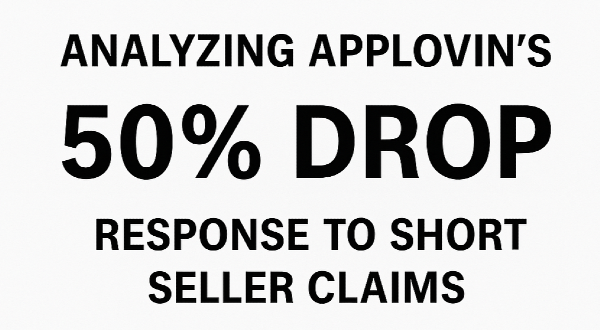

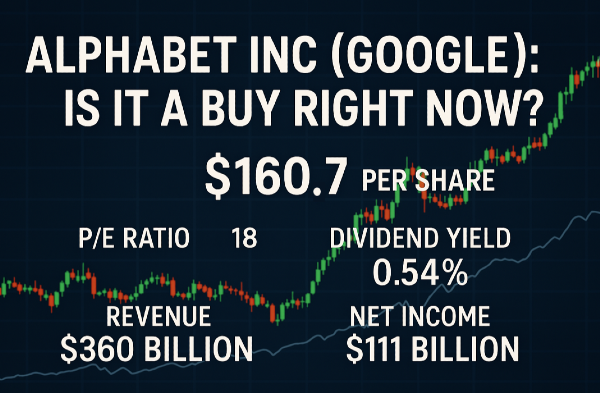
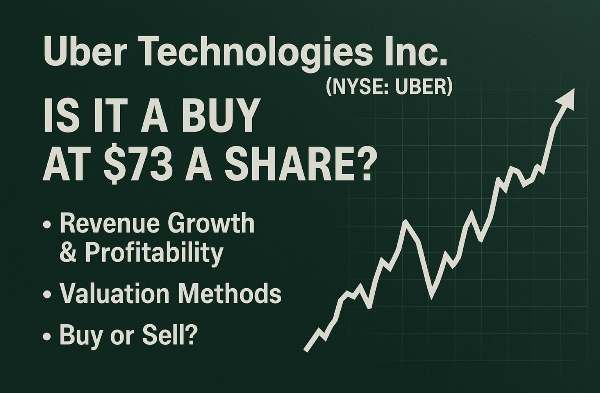


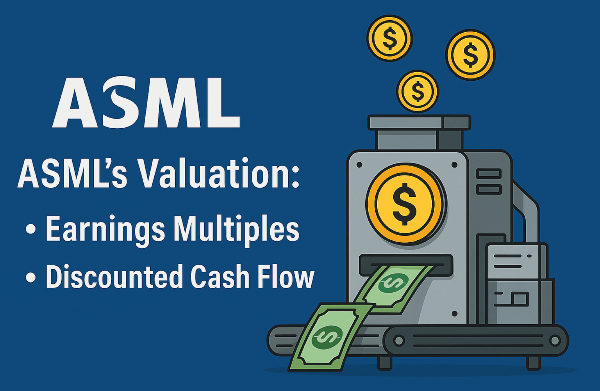
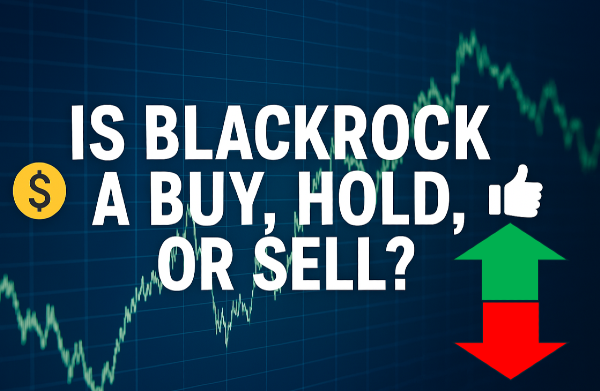
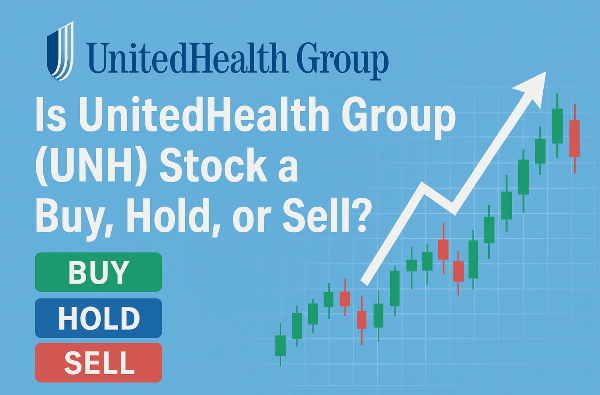
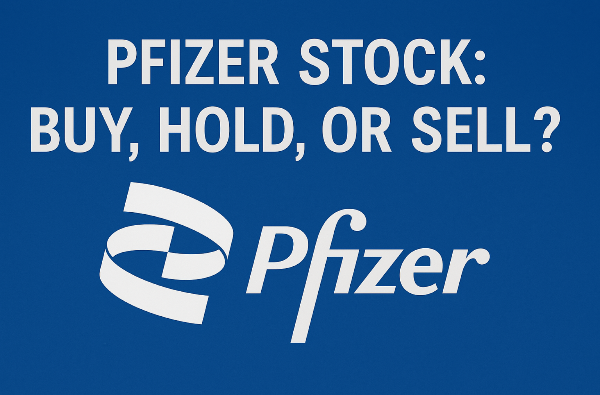
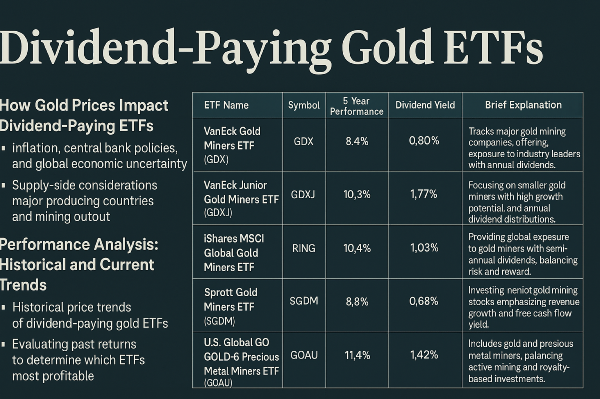

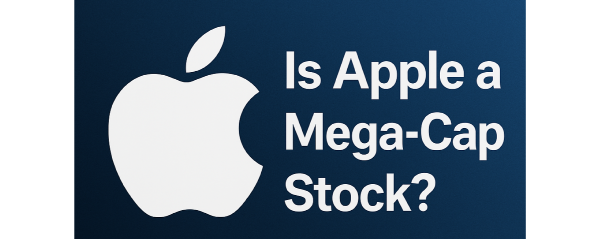
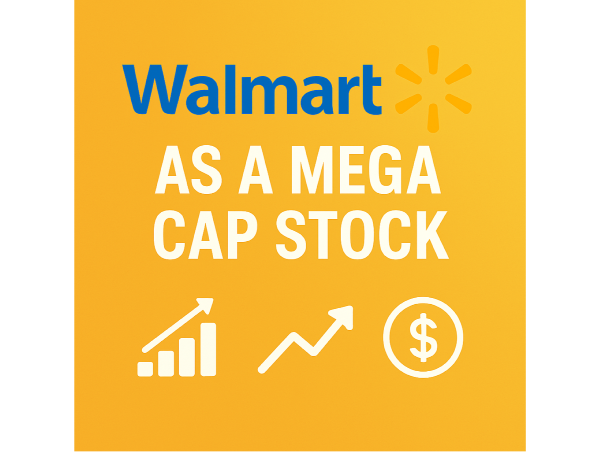
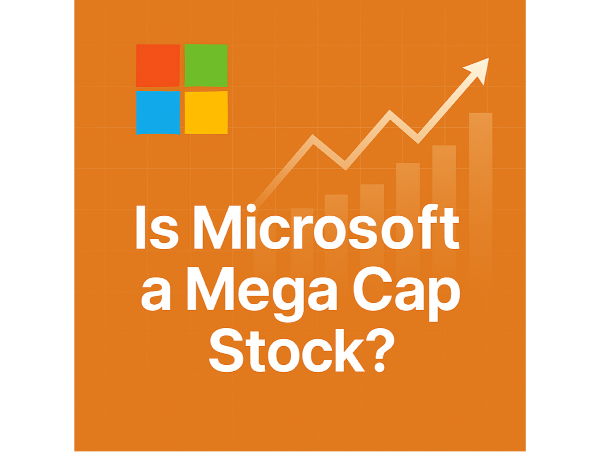

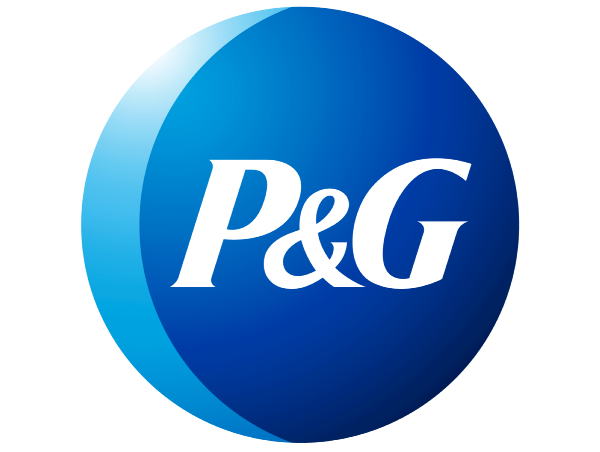

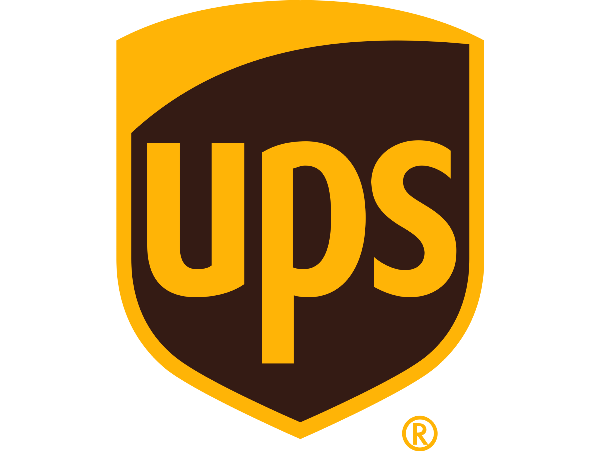









In the past month, AppLovin (APP) stock has tumbled nearly 50%, raising the question—what happened? In this article, I’ll dive into the reasons behind the decline, my thoughts on the short reports, and why I still own the stock. While it’s not a top-10 position in my portfolio, I’m considering doubling down, given recent weaknesses.
Why Is APP Stock Down?
There are two primary short reports hitting AppLovin—Fuzzy Panda Research and Culper Research.
Fuzzy Panda claims AppLovin is engaged in ad fraud, illegally tracking minors, and stealing Facebook’s data. Culper, on the other hand, accuses the company of silent backdoor installs, stating it’s effectively copying Meta’s homework straight to the principal’s office. Their reports paint a picture of malpractice and potential criminal activity that could spell trouble for the business.
My Prior Analysis on AppLovin
Despite the controversy, I previously highlighted AppLovin as a potential AI winner in two subscriber-exclusive letters back in September. Since then, APP stock has surged 200%, largely driven by strong fundamentals.
This level of financial strength makes it difficult for short sellers to argue that AppLovin is manipulating numbers. Free cash flow is tough to fake. When fraud happens, cash flow metrics often reveal cracks—just look at Enron or WorldCom.
Why APP Stock Has Rallied
Another reason APP stock rebounded 200% is management’s strong guidance.
They’ve stated that first-quarter advertising revenue will surpass fourth-quarter numbers, which is unusual for such a seasonal business. Typically, advertising demand peaks in Q4 due to holiday shopping. If AppLovin is breaking this trend, it suggests structural growth drivers, not just cyclical tailwinds.
Additionally, management continues to emphasize AI-driven improvements in advertiser ROI and end-user ad personalization. Their new Axon 2.0 AI model enhances the self-serve ad platform, streamlining onboarding for merchants. They also see a major opportunity in Connected TV (CTV) advertising, further expanding their reach beyond mobile games.
Addressing the Short Seller Claims
I love it when short sellers publish reports—it forces transparency. If the worst they can find is ad fraud accusations and backdoor installs, it makes me wonder whether this is really a red flag or an overreaction.
Culper calls AppLovin the "truck rolling downhill" of ad-tech—referencing a now-infamous Nikola SPAC disaster. Amusing, but is it valid? Having covered SPACs before, many were absolute garbage, and I called them out early. But APP isn't a SPAC, it's a profitable company with growing free cash flow.
The latest wave of short reports hasn’t just accused AppLovin (APP) of silent app installs—it has escalated claims, suggesting that the company’s e-commerce initiative is rigged and primarily riding on Meta’s coattails. These reports argue that AppLovin forces advertisers to spend at least $600,000 on Meta ads, using its Max mediation platform to intercept transactions and take credit for sales. Essentially, the claim is that AppLovin isn’t actually driving value, but rather manipulating ad attribution to benefit itself.
Assessing the Short Seller Claims
While Fuzzy Panda’s report contains numerous accusations, it lacks depth—it's broad, but not necessarily a smoking gun. However, Culper’s report presents a more direct claim that AppLovin engages in forced ad spending and silent installs, making them a problematic player in the ad tech space.
AppLovin hired Ben Edelman, a former Harvard Business School faculty member and Chief Economist at Microsoft, to assess their advertising practices. Edelman highlighted concerns about inadvertent clicks, fake UI elements, and ads intentionally blocking user exits—all of which support Culper’s claims of force-feeding ads. If these practices are proven true, it raises legitimate concerns about whether AppLovin is operating ethically within ad tech.
Management’s Response
AppLovin’s leadership has pushed back on these claims through an 8-K filing, emphasizing their $1.8 billion buyback authorization and an immediate $500 million for repurchases. Over the past year, they’ve bought nearly $1 billion worth of stock—actions that suggest confidence in their fundamentals despite the stock decline.
CEO Adam Foroughi also addressed concerns but did not offer a detailed rebuttal to every accusation. Instead, he provided a broad defense, arguing that:
Key Takeaways
While AppLovin’s response reaffirms its long-term vision, the sheer number of short reports is noteworthy and warrants closer scrutiny. The accusations, if true, could affect ad integrity, but as long as advertisers continue spending and Google/Apple don’t intervene, it’s hard to conclude there’s widespread misconduct.
For investors, free cash flow strength remains a key indicator—if advertisers truly benefit, the business should continue delivering results. AppLovin remains a controversial but potentially rewarding investment, and as I assess my portfolio, I’ll keep a close eye on how management navigates these challenges.
Stocks Similar to AppLovin
https://youtu.be/BUP_LMgDC-Q?si=In62OoP8eHkKFgeg